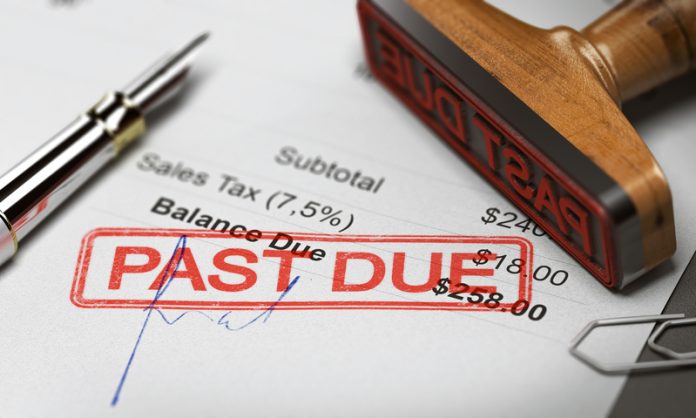Gary Bell, Executive Director of Civica, advises how councils can better collect the large sums of money owed to them in this article
With budgets being constantly squeezed, local authorities are continuously looking for ways to recoup money. In fact, by 2019–20, the Local Government Association (LGA) predicts English councils will face a £5.8 billion funding gap due to cuts in central government funding. However, as discussed at a recent Civica Leadership Forum with local government executives, many councils are missing out on crucial money owed to them which could go some way to helping bridge the funding gap.
Rising levels of debt are a serious issue on both sides, with Citizens Advice announcing this year that council tax arrears had risen to become the single largest debt issue for the people it helps in the UK. While councils will always have to help those struggling to pay, many councils are now writing off huge amounts of debt on a weekly basis as they lack the resources to follow collection through to payment; and the cost of writing off this debt is enormous to organisations already so cash-strapped. However, as one Leadership Forum attendee explained: “Debt is an area which is ripe for innovation and data analysis.”
Technology can really help councils to achieve a holistic view of the total debt owed, while seeing the bigger picture on the huge implications this debt can have. This 360-degree view of citizen debt can also enable councils to work with individual citizens to help them pay off their arrears, rather than allow debts to spiral out of control.
But this is not the only thing that local authorities can do to support debt recovery. Here are our top tips for reducing levels of statutory debt across local government organisations:
- Ensure a holistic overview of debt – Different areas of a council currently compete over debt, rather than working together to collect it. As council tax has statutory power and can result in enforcement agents or prison it usually receives more attention from residents, which can lead to unpaid rent or bills, resulting in homelessness or other difficulties. However, having a single-view system will allow councils to gather a holistic view of arrears. For example, there may be one resident who struggles to pay both their rent and council tax each month. By working with the resident, the council can show them that it’s more important to pay their rent first to avoid losing their home which would, in turn, cost the public sector additional money. So for both the council and resident’s perspective it’s better to keep residents in their home on a payment plan for council tax.
- Improve levels of communication with residents – Even simple steps, like improving communication can ease the strain on debtors and ensure councils collect what’s owed. Talking to residents about payment plans and issues face-to-face, over the phone or via online chat-based systems can fix potential situations quickly. In the past councils issued letters and notices without actually speaking to citizens about the reasons behind their debts. This often led to cases being passed on to enforcement agents: effective in the short-term but a better strategy would be to communicate with the debtor, discuss the reasons behind lack of payment and come to a solution that benefits both parties, before the debt becomes unmanageable.
- Introduce flexible payment options and make it easy for citizens to pay – Research shows that when people have a direct debit set up they’re less likely to fall into debt through late / lack of payments. However, as discussed at the Leadership Forum there are instances where local authorities don’t even accept credit card payments, making it harder for citizens to pay. The speed of billing is also hugely important. During the Forum we heard of instances of some councils waiting weeks, if not months, to ask for payment after its due, which in turn makes the money owed harder to collect.
- Help to change attitudes to debt – The Money Advice Trust found that enforcement agents were necessary to chase council tax arrears on 1.38 million occasions out of 2.3 million cases in 2016/17. To stop this, we need to help change attitudes to debt. It can’t be accepted that debt is part of life. We need to let people know that there is a support network in place to help and support people to pay the money they owe.
To date, councils across the country have written off large amounts of debt that could have been collected. Much of this is down to lack of time and resources causing delays in getting payment notices out in the first place and following up on them afterwards.
This has to change. Data has the power to help councils make decisions and amend payment policies and practices. Councils need to think commercially when it comes to debt collection, adapt faster and adopt more flexible payments systems. Otherwise, they’re just throwing money away – and nobody can afford to do that.
Gary Bell
Executive Director
Civica











